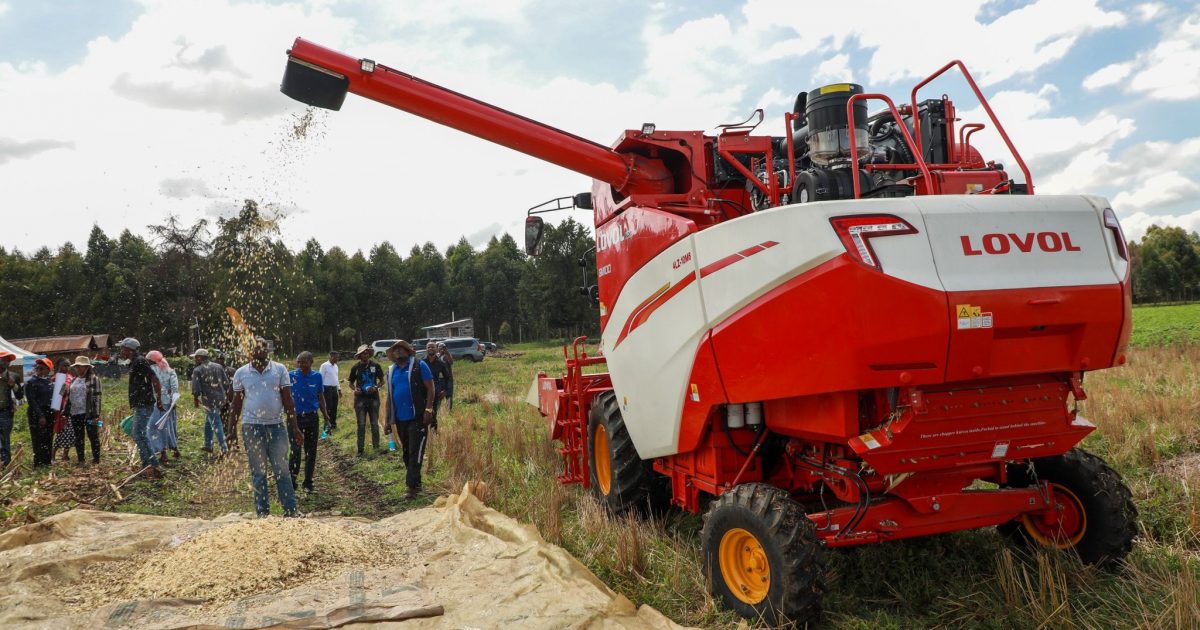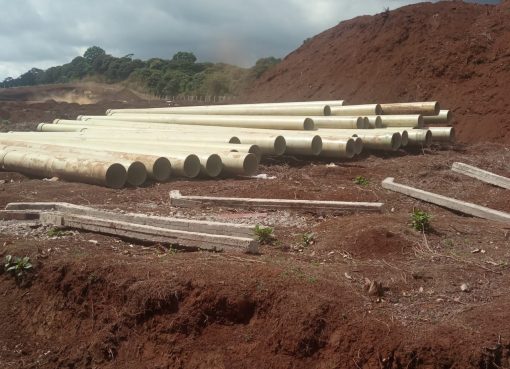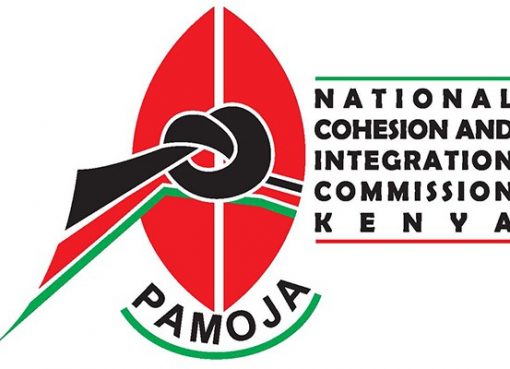For Richard Mukhwana, a farmer in Mau Narok, the planting season comes with it’s fair share of troubles.
Farmers are always caught up in a mad rush for equipment as they prepare their land for sowing.
Demand for harrows, planters and other farm machinery is high, meaning that farmers have to wait longer, slowing down planting in time for the rains.
“When every farmer wants his shamba ploughed and planted, it becomes hectic since we have to wait for days to get access to the necessary farm machinery,” said Mukhwana, the 48-year-old small-scale maize and wheat farmer.
For small scale wheat and barley farmers, Mr Mukhwana explained that they have to hire harvesters at an exorbitant cost making the venture less profitable.
According to Nakuru Deputy Governor Dr David Kones, the future of farming now rests with the small0-scale and middle-class farmers, hence the urgent need to empower this group to ensure food security.
Dr Kones indicated that the County Government had initiated various schemes through public-private partnerships to encourage adoption of technology and mechanized farming among small holder farmers like Mukhwana in a bid to improve production and quality of their produce.
The devolved unit is also working on setting up at least five mechanization hubs across the region.
“We started with a program dubbed ‘Agriculture Mechanization Services’ (AMS) where farm equipment was distributed to smallscale farmer groups. We also entered into partnerships with the private sector aimed at linking providers of mechanized farm services with smallholder farmers who do not have agricultural machinery,” stated Dr Kones.
Speaking during the launch of a state-of-the-art multi-purpose Lovol GM 100 harvester designed for small and medium-sized farms and agricultural machinery service providers, Dr Kones noted that by expanding access to Agri-mechanization services for small-scale farmers, Governor Susan Kihika’s administration and her partners aim to bridge the gap between large-scale and small-holder farmers by providing affordable access to modern farming equipment and techniques.
“This cutting-edge machinery by CAMCO Limited, will significantly enhance farming efficiency and productivity for the small and middle scale farmers once operational,” he stated.
“In recognizing the importance of skilled operators, the County Government is set to collaborate with CAMCO Equipment Kenya Limited to provide training to students at Vocational Training Centers (VTCs) that will equip the learners with the necessary skills to operate and maintain these advanced machines,” the DG added.
He observed that technological advancements have enabled manufacture of light and cheaper machines that can help smallholder farmers revolutionize agriculture both in terms of quantity and quality of products grown and processed.
Mr Kones said the notion that mechanization is only for those in large-scale farming was misguided and a threat to Kenya’s food security.
He noted that mechanized farming contributed to timely preparation of land, efficient land use and increased production.
The Deputy Governor also observed that mechanization reduced the cost of production and created more employment opportunities particularly among the youth.
Dr Kones stated that the County was working with dealers and manufacturers of farm machinery to ensure that their products, targeting smallscale farmers, were built with simplicity of design, unsurpassed reliability, outstanding fuel economy and minimal maintenance requirements.
“We are encouraging dealers in farm equipment whose services should consist of genuine spare parts centres and nationwide mobile service coverage to set up shop in Nakuru. We are also working with several institutions that will extend farmers financing to purchase modern equipment.
Asset financing should be tailor-made to suit the abilities of both small holders and large-scale farmers. Since some new farmers lack experience with planters, tractors and implements, dealers are encouraged to put in place training as part of the package for new owners. This should entail showing buyers how to maximize the use of their machinery to boost their food production by using mechanization,” suggested the Deputy Governor.
He said the devolved unit’s administration was envisioning a situation where small holder farmers have access to subsidized mechanization.
This, he added, will help reduce over reliance on human labor which is not economical and that farmers will enjoy increased yields from their farm produce.
He further said that the County is seeking ways of enhancing food security through encouraging farmers to adopt proper agronomical practices, irrigation, and use of quality seeds and appropriate fertilizers.
Mr Kones noted that mechanized farming contributed to timely preparation of land, efficient land use and increased production. It also reduced the cost of production and created more employment opportunities particularly among the youth.
The Deputy Governor said, there was need for dealers in agricultural machinery to periodically hold field days, workshops, farm visits and seminars that will equip small holder farmers with technical know-how to operate and maintain the machinery and therefore enable them become commercially successful.
He added that Kenyan farmers are still shying away from modernization due to lack of capital.
According to the World Bank report on Agribusiness Indicators, the degree of mechanization in Kenya is about three tractors per 1,000 hectares or 26.9 tractors per 100 square kilometers.
The report indicates that despite the potential that mechanization has in transforming agriculture by helping farmers to intensify their businesses, mechanization levels remain very low in Kenya and across the continent.
In 2019, Africa Renewal reported that Africa had an average of about one to two tractors per every square kilometer compared to developed countries, where India had 128 tractors while Brazil registered 116 tractors both per square kilometer.
The World Bank report attributed the low levels to the fact that mechanization is capital intensive, requiring special financial products such as long-term capital, credits, or leasing arrangements, which is beyond small holder farmers and Micro, Small and Medium Enterprises (MSMEs).
“Nevertheless, where the small holder farmers access mechanization, they are required to go an extra mile to maximize the potential of the agricultural machines which if not maximized, compromises repayment plans and becomes a threat to profitability of the machines,” the report further said.
Mr Kones noted that the continent’s population is expected to double by 2050, meaning it will require enormous effort to feed the people.
He pointed out that its time the continent ditches the traditional hoe in favour of modern technology, which will complete the same tasks far more efficiently adding that youthful entrepreneurs can enter Kenya’s Agricultural Mechanization sector and make a great business of it.
In Kenya there are only 2 tractors for every 2500 acres. Kenyan youth need to keep their eyes and innovative prowess around the agriculture sector. At the moment mechanization levels on farms across Africa are very low, with the number of tractors in sub-Saharan Africa ranging from 1.3 per square kilometer in Rwanda to 43 per square kilometre in South Africa, compared with 128 per square kilometre in India and 116 per square kilometre in Brazil.
Dr Kones stated that without mechanized agriculture, productivity suffers drastically, lowering farmers’ earnings.
The County, he said, is working on a mechanization policy that will guide training of farm equipment operators by various stakeholders in partnership with manufacturers and their appointed dealers.
By Jane Ngugi





